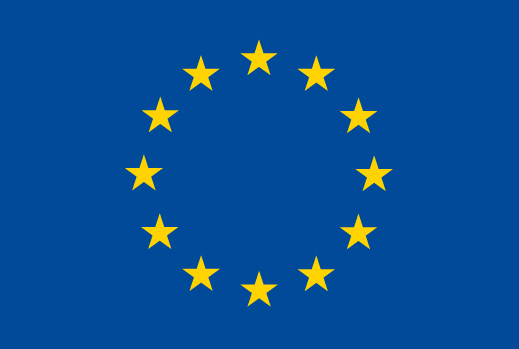After a hectic negotiation and several deferments, the European Parliament finally adopted on July 9 by a generous majority vote a non-binding resolution on the future of the EU copyright regime. The final compromise text is a considerable improvement of the initial proposal by MEP Julia Reda, the Pirate Party’s elected representative, which would have profoundly weakened the Union’s IP standards, set the EU at odds with the international legal framework and compromised its long-term ability to sustain its rich cultural diversity. Among her most controversial suggestions were making all exceptions and limitations mandatory, slashing the term of protection, introducing an open norm rule similar to “fair use” in the US, freeing hyperlinking from the exclusive right of communication to the public, new sweeping exceptions for libraries as well as for research and education and preventing the statutory compensation of right holders for exceptions and limitations.
Anticipating a substantial revision of the EU copyright regulation by the European Commission, the final EP resolution rather calls for robust measures to enforce copyright against commercial infringements in the digital environment and suggests reviewing the liability of service providers and intermediaries. It encourages a combination of regulatory and market-led solutions to increase consumers’ cross-border access to online content and services and portability, whilst stressing the paramount importance of territoriality for film and television production and the fact that multi-territorial licensing must remain an option for broadcasters. The resolution calls for an exhaustive assessment study with respect to the impact that a possible copyright revision may have on the financing and distribution of films and television content, as well as on cultural diversity. It also advocates the application of minimum standards across existing exceptions and limitations and stresses that any new exception shall be duly justified, evidence-based and compensated for.
Despite calling for improvements to the contractual position of performers and proper compensation for the use of their work in the online environment, the resolution falls short of suggesting practical measures to achieve this goal. This was a major disappointment for EuroFIA, who is campaigning with FIM, AEPO-ARTIS and IAO for the introduction of a statutory compensation mechanism for making performances available on demand, as a helpful addition to the exclusive right that performers currently enjoy in the EU but often struggle to monetize.
EuroFIA however welcomes the unequivocal request for territorial licensing to be preserved in the audiovisual sector, tempering the bold statements previously made by the EU Commission in favour of a ubiquitous digital single market. Recent developments, however, show that territorial licensing in our sector may still be challenged under competition rules. The EU Commission has in fact recently decided to open an antitrust investigation with a focus on contractual restrictions on passive sales outside the licensed territory in agreements between US studios and broadcasters.





